Apple, others challenged to make digital textbooks a reality in five years
Hosted by FCC Chairman Julius Genachowski and Secretary of Education Arne Duncan, the meeting fleshed out to transition all U.S. K-12 schools to a fully digital interactive learning environment within the next five years.
Attendees included representatives from tech heavyweights Apple, Samsung, Intel and Kno; publishers Houghton Mifflin Harcourt, McGraw-Hill, News Corp. and Pearson; telecoms Sprint and T-Mobile; and governmental bodies the LEAD Commission and the Idaho Department of Education, among others.
Chairman Genachowski and Secreatary Duncan issued the group a challenge to develop a low-cost, high quality solution for interactive digital textbooks consisting of device, content, connectivity, and technical support for use in America's classrooms.
According to an FCC-evaluated Project RED study, schools can save up to $250 per student per year if a digital ecosystem is implemented over the traditional textbook-and-paper used in classrooms today. Besides the initial cost savings, the prospect of upgrading to more current media in the future would be substantially less expensive than the current model which sees $7 billion spent in new textbooks each year. Digital textbooks would also enable a more uniform learning experience as new content can be pushed out nationwide at regular intervals.
A digital learning environment can reduce the amount of time it takes a student to learn a topic by up to 80 percent, said the Department of Education and a recent studies by the National Training and Simulation Association. A separate PBS study found that 93 percent of teachers believe that interactive whiteboards are positive learning tools, with 81 percent feeling the same about tablets.
iBooks textbooks are already available on Apple's iPad. | Source: Apple
While technology in the classroom has been found to be beneficial in the classroom, getting a new ecosystem up and running will take some time. To that end, the Leading Education by Advancing Digital (LEAD) Commission was established earlier in March to facilitate the rapid adoption of new media content in the education sector.
In January, the "Digital Textbook Playbook" was announced to help teachers bring technology to the classroom by taking down the "major barriers to the adoption of digital textbooks, including the challenge of connectivity, both at school, in the community, and at home; the challenge of device procurement; and the challenge of making the transition from paper to digital textbooks."
Apple has always been active in the education market, going as far as releasing classroom-specific computer models like the eMac and offering student and teacher product discounts. The company's latest education initiative, iBooks textbooks, was announced in January and could be a strong contender for the FCC and DOE plan. Of the major publishers at Thursday's discussion, three already offer content to through the iBooks store.
 AppleInsider Staff
AppleInsider Staff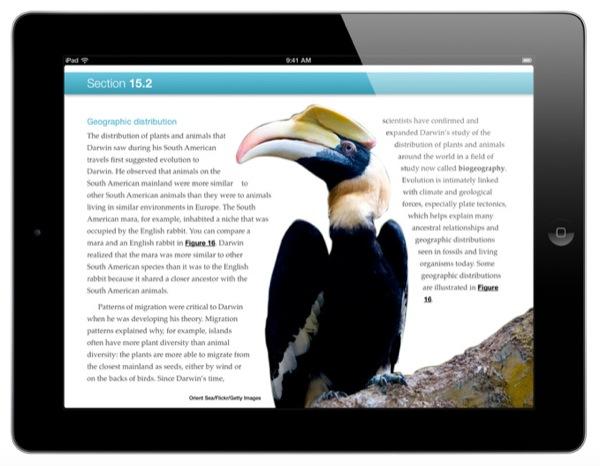
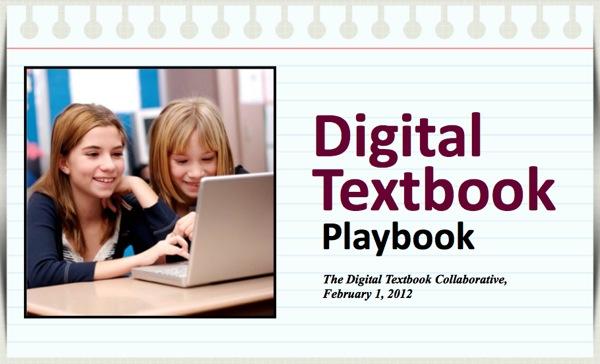

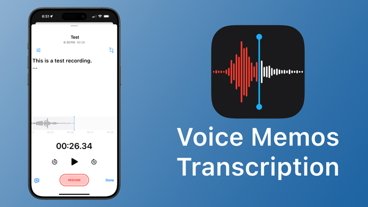
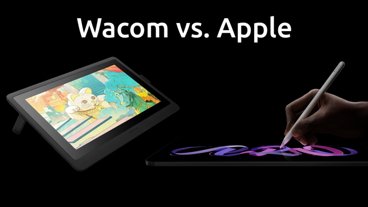
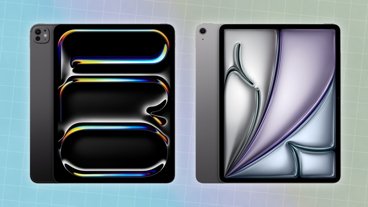
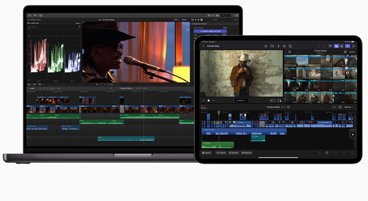
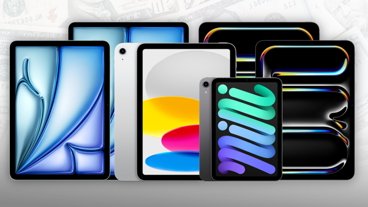




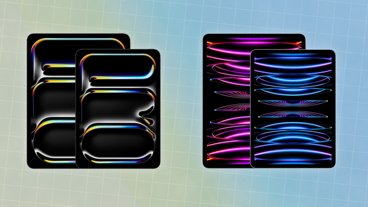


 Malcolm Owen
Malcolm Owen
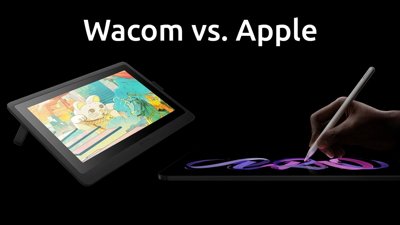
 Amber Neely
Amber Neely
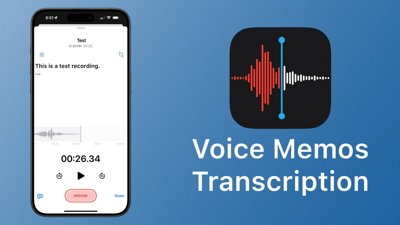
 Marko Zivkovic
Marko Zivkovic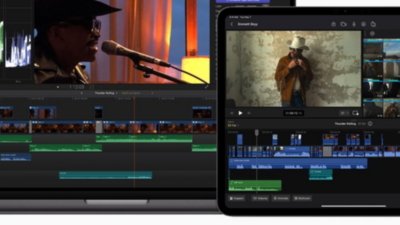
 David Schloss
David Schloss
 Wesley Hilliard
Wesley Hilliard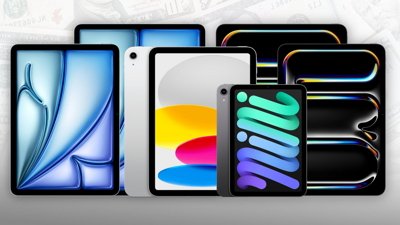
 Mike Wuerthele and Malcolm Owen
Mike Wuerthele and Malcolm Owen









54 Comments
After farting around for hours this morning on the forums, I think I'll finally get to proper work on an iBook. Will share the research in a dedicated thread in the iPad section of the forum if anyone's interested.
The future, by that photo, seems to be a 12? PowerBook...
The future, by that photo, seems to be a 12? PowerBook...
Yep!
The future, by that photo, seems to be a 12? PowerBook...
Excellent! I still have mine.
am I the only one a little sad about this sort of thing? I look at my book shelf and see a great thing, astheticly brautiful and eligant, and the books are usefull - you can read them without logging in and getting DRM approval, you can rely on them to bne there and not just randomly disappear when tehre is a copyright dispute (a la Orwell's "1984" on Kindle a while back) and most importantly, the right of first sale, that is it is mine, I can let you borrow it, I can give it to you, I can let you borrow it, I could donate it to a library and so on.Also, once it is printed, bound and shipped the text cant change, just look at "apps" being continuously updated: whats to stop an author from adding or subtracting something after publication? whats to stop the distribution company, publisher, or government from doing the same thing?